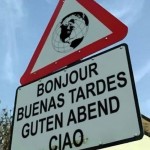
You might be surprised just how well you can get around with these 20 phrases, combined with great non-verbal communication and friendliness. Knowing some of the local language conveys respect, shows effort, and will impress many of the locals (especially in smaller countries or countries where many people also speak English). Knowing just a few words can make you a better negotiator, keep you from getting lost (or end up in the wrong town), and make ordering food off of a foreign menu a much less stressful experience! It may also give you luck with romance while on your travels 🙂
Greetings & Etiquette
1) “Hello.” No explanation needed.
2) “Good morning/Good afternoon/Good evening.” Great to say when you find people staring at you. It’s a great ice breaker 🙂
3) “Thank you/No thank you.” Knowing how to say “no thanks” is a great way to keep people from bugging you.
4) “You’re welcome.” In some languages, ‘you’re welcome’ and ‘please’ are the same phrase. In these instances, you only need to learn 19 phrases 🙂
5) “Please.” It’s the magic word 🙂
6) “I’m sorry/pardon me/excuse me.” Always great to know how to say when you get on the rush hour train/bus with your massive rucksack on your back 🙂
Comprehension
7) “Yes/No.” This is a ‘no’ brainer.
8) “I don’t understand.” You can use this legitimately when you really do not understand or you can use it to effectively ‘play dumb.’
9) “I do not speak (insert language here).” You may fool some people into thinking you speak their language fluently after spitting out 5-10 phrases. This will clear the air 🙂
10) “How do you say ‘______’ in (insert language here).” This is a great way to learn new words and still show off your language skills 🙂
11) “Do you speak English?” or just asking “English?” with inflection can work too.
12) “I am/We are…” This is the present tense, conjugated form of the verb ‘to be.’ You can also learn the adjectives: tired, hungry, thirsty, hot, cold, etc. If you have time, other important verbs to learn (present tense, conjugated) are ‘to have,’to need,’ and ‘to want.’
Buying/Ordering
13) “I would like…” Always start with a greeting and end with ‘please.’
14) “How much?” This is where knowing your numbers will come in handy 🙂 If you can’t understand, pen and paper will work well 🙂
15) “Zero – Ten” (You can communicate any number by knowing how to say 0-9…for example, you can say 1,437 by saying 1, 4, 3, 7…if that doesn’t work, you can always use pen and paper)
Directions
16) “Where is the…(bathroom, train station, hotel/hostel, food store, pharmacy, hospital, etc.)?” I recommend having these locations and their translations on your cheat sheet.
Food and Drinks
17) ‘Foods that you like (and dislike).’ Put them on your cheat sheet and you’ll be able to figure out menus anywhere and you won’t order the wrong thing! When I lived in the Netherlands, I thought I was ordering artichokes on my sandwich and I got anchovies. YUCK!
18) “Water.” Can’t live without it!
19) “Cheers.” In most languages, the saying translates as ‘health’ or ‘to health.’
20) “Beer/Liquor/Wine.” Some people learn to say these words before they even learn ‘hello’ or ‘good morning’ 🙂
Bonus
*) “You are beautiful/handsome.” Good luck. I hope you don’t get slapped 😛
*) “I love you.” You just never know…I mean, I was saying it in Slovak after just a couple weeks of meeting Alexandra 🙂


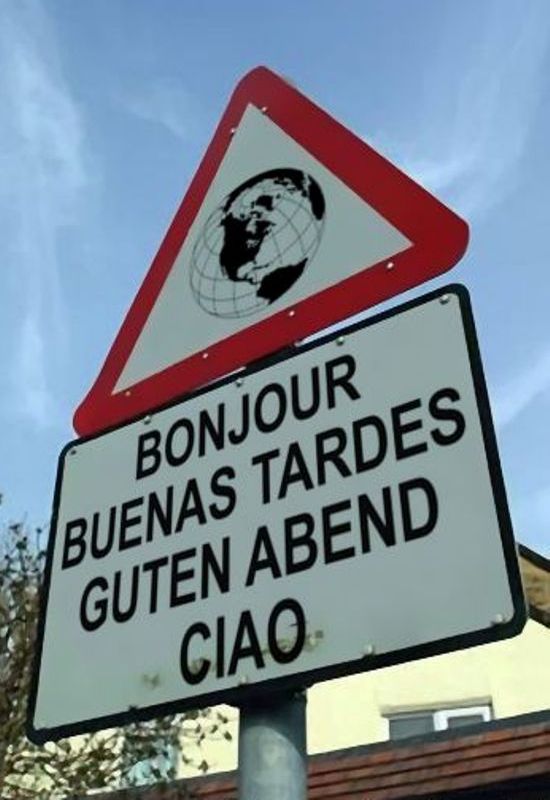

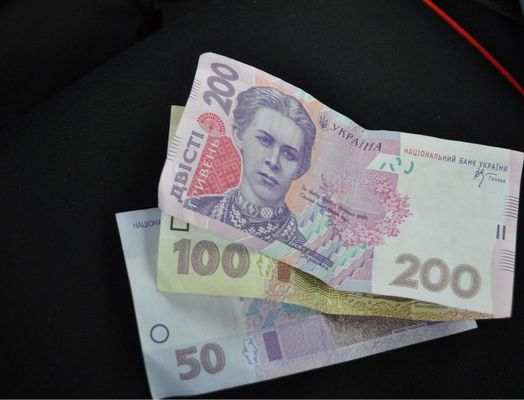
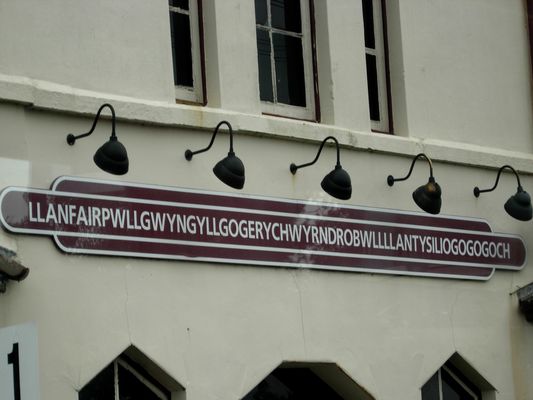
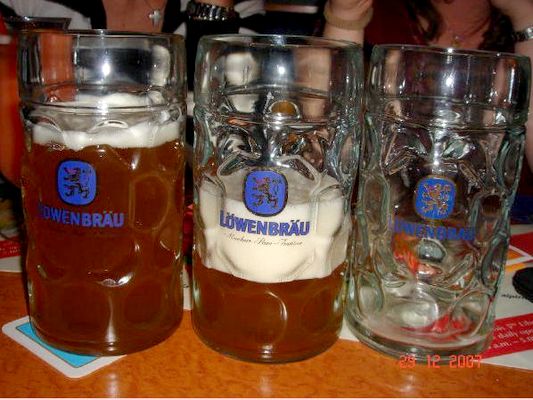
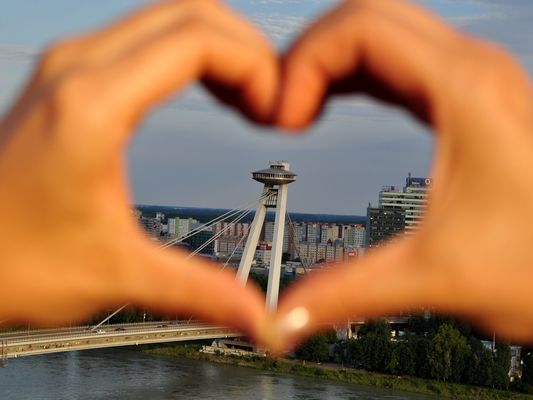









Leave a Reply
You must be logged in to post a comment.